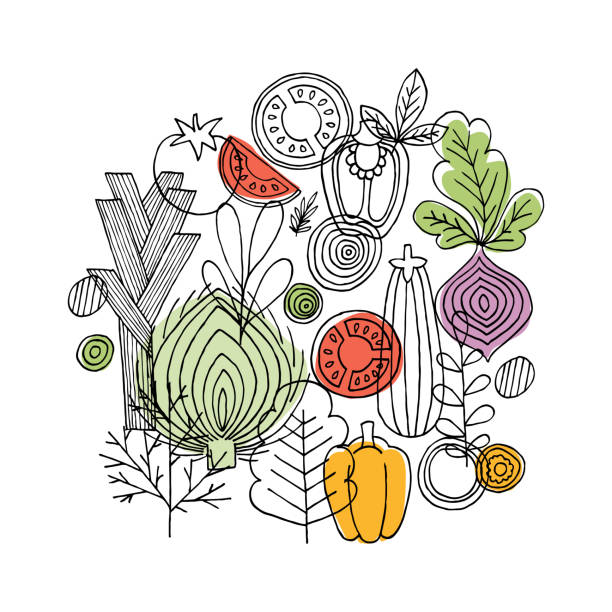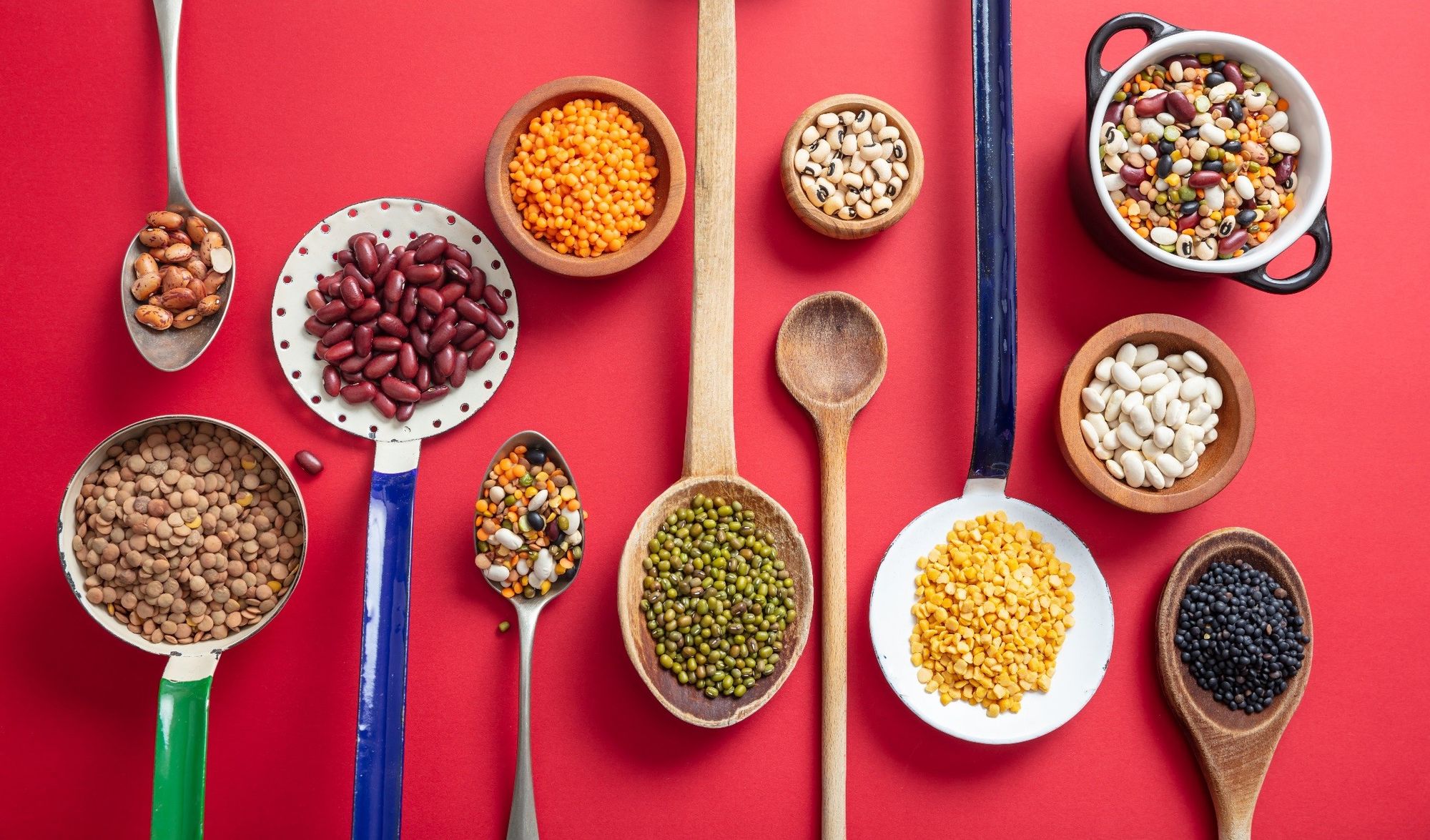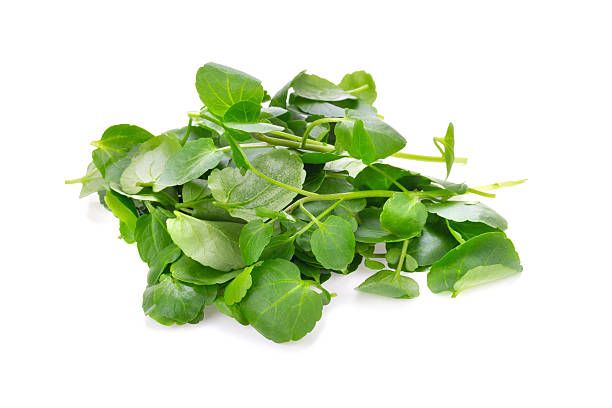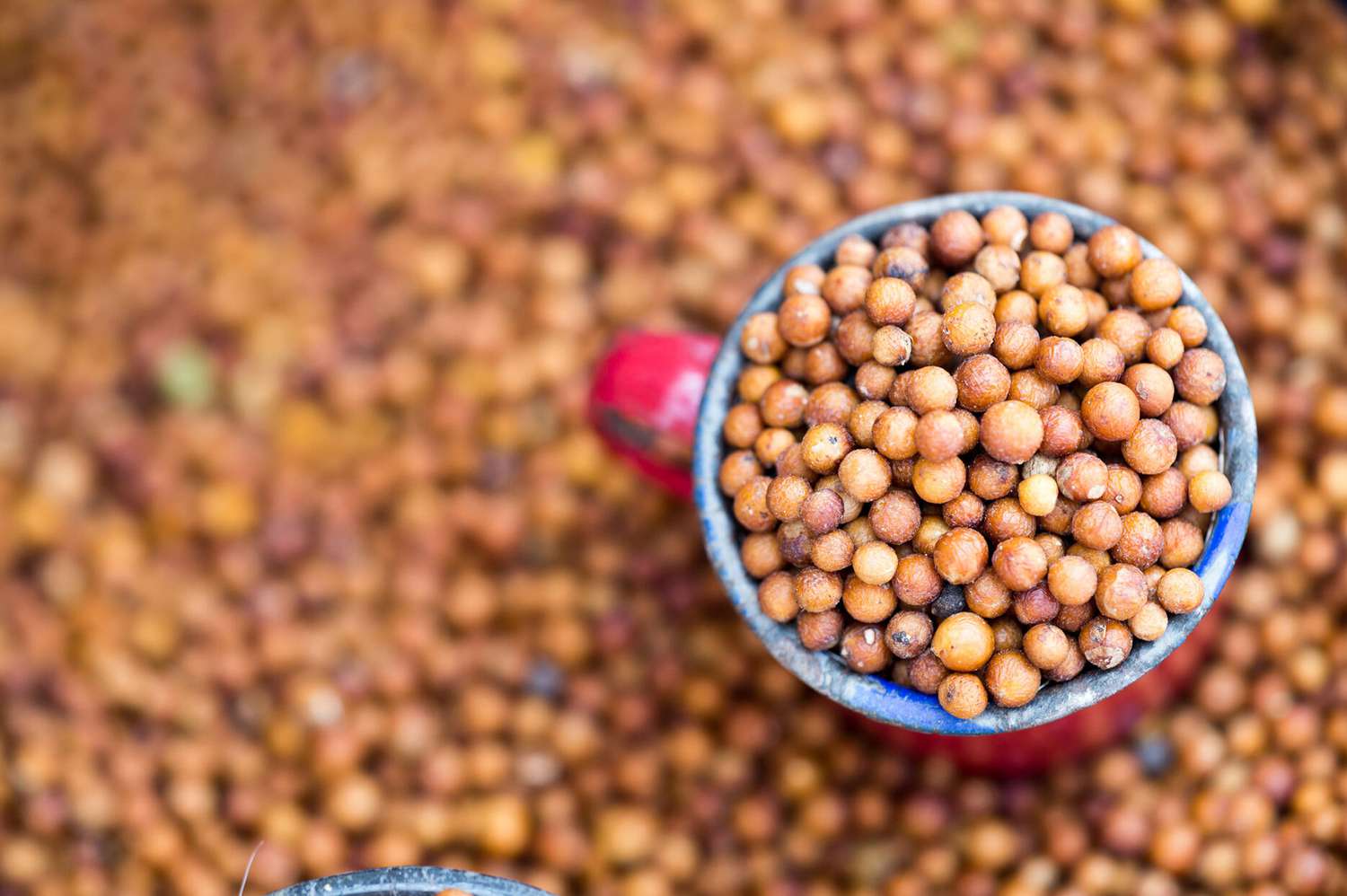12 Superfoods To Add to Your Diet That Won't Break The Bank

Superfoods. The term might sound like it belongs in a comic book, but these nutritional powerhouses are very real and can offer significant benefits to our health.
While they don't wear capes or fly, they do pack a punch when it comes to nutrients. However, the term "superfood" often conjures images of exotic, expensive items.
But guess what? You don't need to spend a fortune to enjoy the benefits of superfoods.
According to our trusty Merriam-Webster Dictionary, a superfood is defined as "a food that is rich in compounds (such as antioxidants, fiber, or fatty acids) considered beneficial to a person's health." And while some superfoods can be pricey, many are surprisingly affordable.
So, if you're on a quest to boost your health without emptying your wallet, here's a list of
12 superfoods that are both nutritious and budget-friendly:
1.Pulses:

Why They're Good: Pulses, such as chickpeas and lentils, are rich in dietary fiber, which aids in digestion and helps maintain healthy blood sugar levels. They also contain essential minerals like iron and magnesium.
Tip: Incorporate pulses into your diet by adding them to salads, soups, or making hummus from chickpeas.
2. Mushrooms:
Why They're Good:
Beyond their unique antioxidant properties, mushrooms are also a source of B-vitamins, essential for energy production in the body.
Tip: Grill portobello mushrooms as a meat substitute in burgers or add sliced mushrooms to stir-fries and omelets.
3. Eggs:
Why They're Good: Eggs are a complete protein source, meaning they contain all nine essential amino acids. They're also rich in vitamins A, D, and B12.
Tip: Start your day with a veggie-filled omelet or add boiled eggs to your salads for a protein boost.
4. Pork:
Why They're Good: Lean pork cuts are rich in thiamin, niacin, and vitamin B6, essential for metabolism and energy production.
Tip: Opt for lean cuts like pork loin or tenderloin. Marinate and grill or stir-fry with vegetables for a balanced meal.
5. Watercress:

Why They're Good: Watercress is a rich source of vitamin K, essential for bone health, and contains cancer-fighting compounds.
Tip: Add watercress to your salads, sandwiches, or blend into a green smoothie for a peppery kick.
6. Prunes:
Why They're Good: Prunes are rich in dietary fiber, aiding digestion, and contain antioxidants that support bone health.
Tip: Snack on prunes, add them to oatmeal, or use them in baking as a natural sweetener.
7. Brown Rice:
Why They're Good: Brown rice is a whole grain that retains its nutrient-rich bran and germ. It's an excellent source of dietary fiber, which aids in digestion and helps maintain stable blood sugar levels. Additionally, brown rice provides essential minerals like manganese, which is vital for bone health and energy production, and selenium, which supports thyroid function and boosts immunity.
Tip: Use brown rice as a base for stir-fries, bowls, or salads. You can also try making brown rice porridge for breakfast or use it in stuffed peppers for a hearty dinner. Remember to rinse the rice thoroughly before cooking to remove any excess starch and achieve a fluffier texture.
8. Carrots:
Why They're Good: Carrots are a top source of beta-carotene, which the body converts to vitamin A, essential for vision and immune function.
Tip: Snack on raw carrot sticks, add them to stews, or blend into a carrot-ginger soup.
9. Sorghum:

Why They're Good: Sorghum is rich in antioxidants and can help manage cholesterol levels. It's also a good source of fiber and protein.
Tip: Use sorghum flour in gluten-free baking or cook whole-grain sorghum as a base for salads and bowls.
10. Peanut Butter:
Why They're Good: Peanut butter is a good source of protein, healthy fats, and nutrients like magnesium and potassium.
Tip: Spread on whole grain toast, blend into smoothies, or use as a base for savory sauces. (Just don't have too much of it as it is high in energy)
11. Canned Tuna:
Why They're Good: Tuna is rich in omega-3 fatty acids, which support heart health, and is a good source of protein.
Tip: Make a tuna salad with Greek yogurt, celery, and herbs or add to pasta dishes for a protein boost.
12. Oranges:
Why They're Good: Oranges are a top source of vitamin C, supporting immune function, and contain heart-healthy fiber.
Tip: Enjoy fresh orange slices as a snack, squeeze into dressings and sauces, or add zest to baked goods for a citrusy flavor.
Superfoods don't have to be exotic or expensive. Many everyday foods offer a dense nutrition profile that can benefit our health.
So the next time you're grocery shopping, remember this list and know that you're making choices that are both good for your health and your wallet.
And as you incorporate these superfoods into your diet, take a moment to reflect on your journey.
How do these foods make you feel?
How do they fit into your overall health goals?
Remember, it's not just about eating right; it's about understanding our choices and thriving in our journey towards better health.